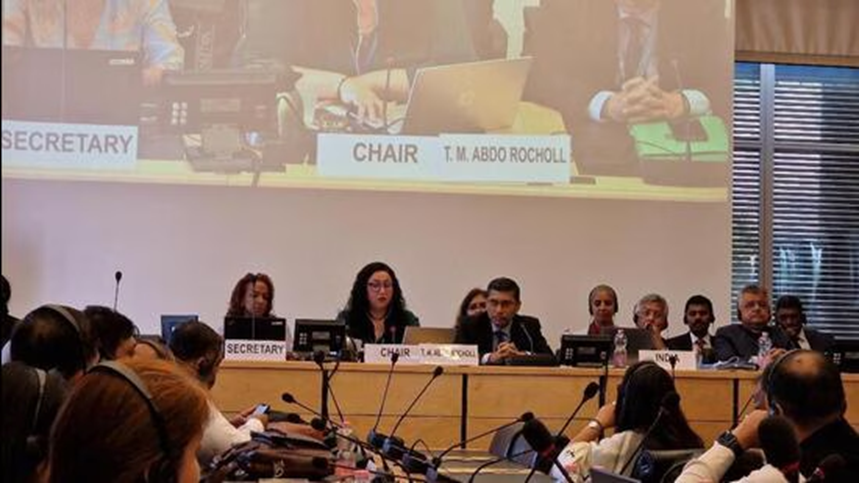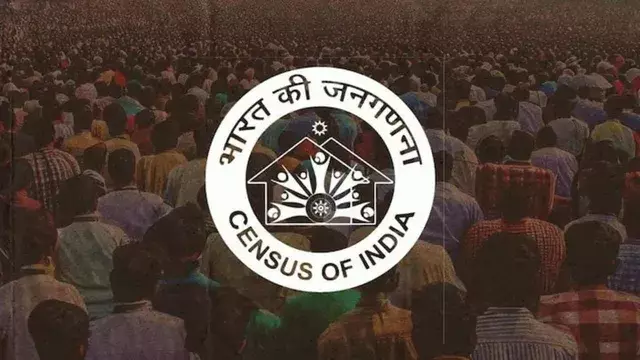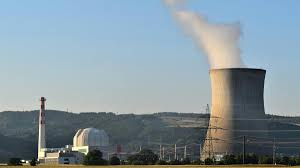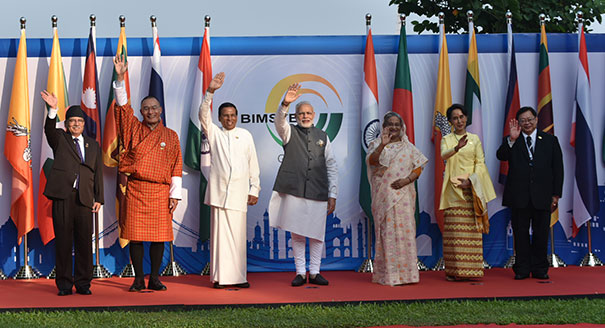- Courses
- GS Full Course 1 Year
- GS Full Course 2 Year
- GS Full Course 3 Year
- GS Full Course Till Selection
- Answer Alpha: Mains 2025 Mentorship
- MEP (Mains Enrichment Programme) Data, Facts
- Essay Target – 150+ Marks
- Online Program
- GS Recorded Course
- Polity
- Geography
- Economy
- Ancient, Medieval and Art & Culture AMAC
- Modern India, Post Independence & World History
- Environment
- Governance
- Science & Technology
- International Relations and Internal Security
- Disaster Management
- Ethics
- NCERT Current Affairs
- Indian Society and Social Issue
- NCERT- Science and Technology
- NCERT - Geography
- NCERT - Ancient History
- NCERT- World History
- NCERT Modern History
- CSAT
- 5 LAYERED ARJUNA Mentorship
- Public Administration Optional
- ABOUT US
- OUR TOPPERS
- TEST SERIES
- FREE STUDY MATERIAL
- VIDEOS
- CONTACT US
India completes 4th periodic review
India completes 4th periodic review
23-07-2024

India completes 4th periodic review: India has successfully concluded its fourth periodic review by the UN Human Rights Committee under the International Covenant on Civil and Political Rights (ICCPR) in Geneva.
Key Points:
- ICCPR: The ICCPR is a key international human rights treaty that provides a range of protections for civil and political rights. India became a party to the ICCPR in 1979.
- Review process: The Human Rights Committee, comprising 18 independent experts, monitors the implementation of the ICCPR and reviews reports of all countries. The review process involves a constructive dialogue between the country's delegation and the Committee members.
- Indian delegation: The Indian delegation was jointly led by Attorney General R Venkataramani and Solicitor General Tushar Mehta, and included senior officials from various ministries.
- Issues discussed: The review covered a range of issues related to civil and political rights, including anti-corruption measures, non-discrimination, the status of women and minorities, counter-terrorism and national security measures, judicial framework, privacy and data protection laws, and India's new criminal laws.
- India's achievements: The Indian delegation highlighted the country's success in protecting the rights of vulnerable groups and its contributions to the evolution of the global human rights framework.
- Committee's appreciation: The Committee members appreciated India's traditions and ethos, rooted in pluralism, non-violence, and diversity, and noted that India is a vibrant parliamentary democracy.
About International Covenant on Civil and Political Rights (ICCPR)
- Adoption and enforcement: The ICCPR was adopted by the UN General Assembly in 1966 and came into force in 1976.
- International Bill of Human Rights: The ICCPR, along with the Universal Declaration of Human Rights and the International Covenant on Economic, Social and Cultural Rights, is considered part of the International Bill of Human Rights.
- Rights protected: The ICCPR obligates countries to protect and preserve basic human rights, including the right to life and human dignity, equality before the law, freedom of speech, assembly, and association, religious freedom, and privacy.
- Country obligations: The Covenant compels governments to take administrative, judicial, and legislative measures to protect the rights enshrined in the treaty and to provide an effective remedy.
About United Nations Human Rights Council
- Establishment: The UN Human Rights Council was created by the General Assembly on 15 March 2006, replacing the Commission on Human Rights.
- Mission: The Council's mission is to promote and protect human rights around the world.
Importance:
- International cooperation: The review process demonstrates India's commitment to engaging with the international human rights framework and its willingness to address concerns while continuing its efforts towards protection and promotion of human rights of its citizens.
- Human rights protection: The ICCPR and the UN Human Rights Council play a crucial role in promoting and protecting human rights globally.



